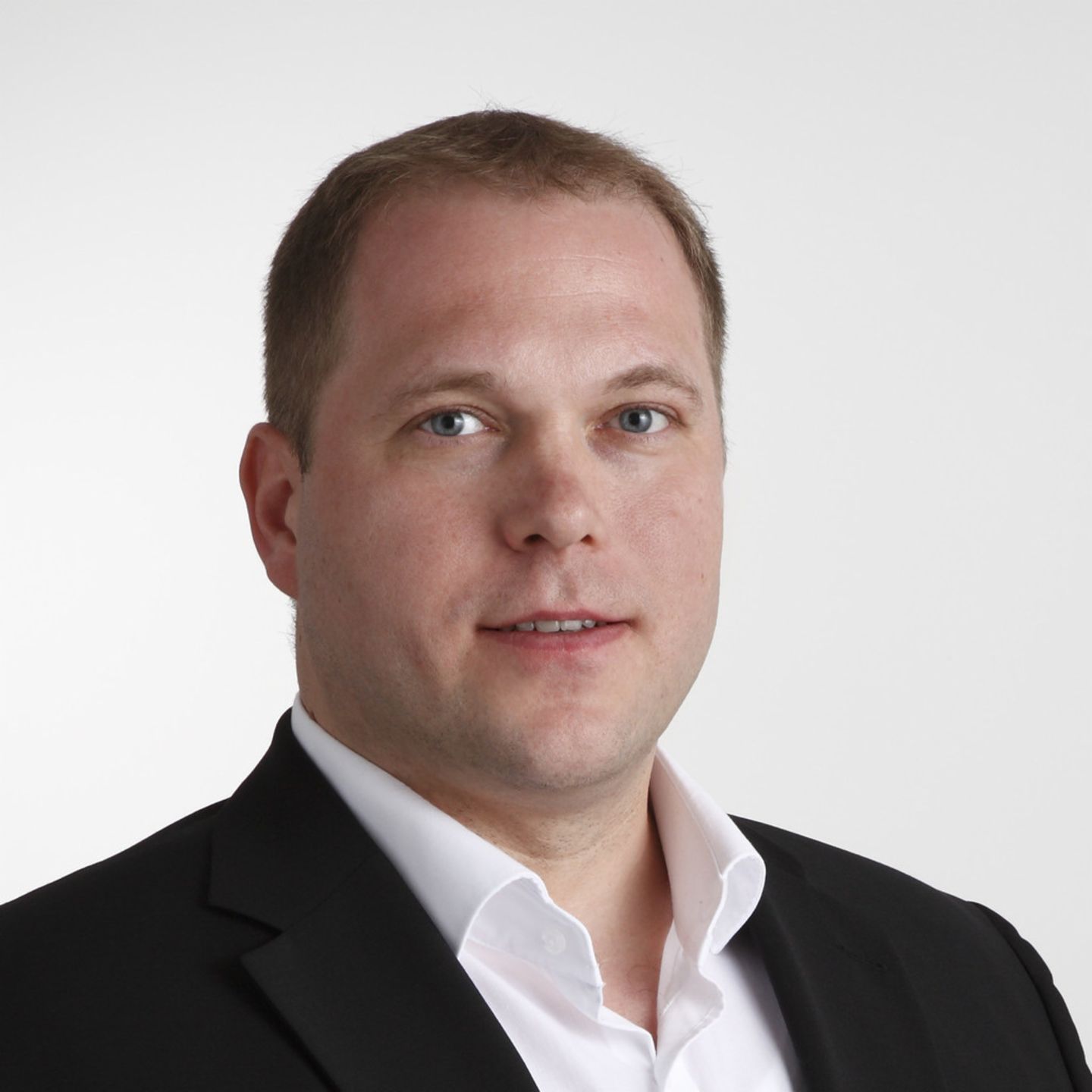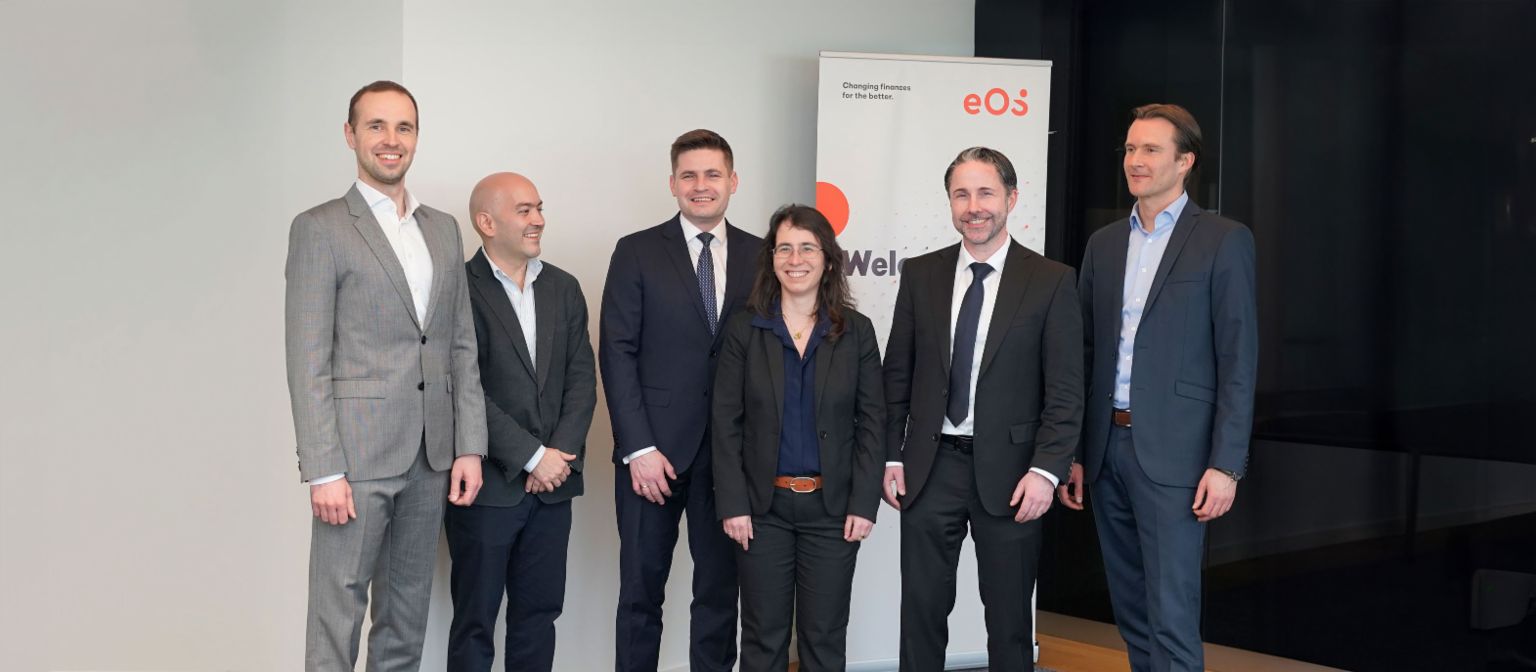- Collaboration with IFC, a member of the World Bank Group, aims to strengthen economy in Poland and southeastern Europe.
- Consideration of ESG criteria is the focus when purchasing NPL portfolios.
- Joint guidelines for systematic ESG assessment of portfolios.
The property raised some questions. When EOS employees reviewed a secured receivable offered by a Romanian bank in late 2022, they discovered that the property concerned was a gas station. Any debt collection company buying receivables like this asks itself questions such as the following before making the purchase: What portion of the receivable can realistically be realized? Or: How much is the property worth? The EOS employees who were handling the case asked questions that went even further: What is the technical condition of the gas station? Are valid licenses available for its operation? What did the last maintenance report say?
Responsible investments boost the economy
The answers to such questions help them assess whether the properties meet ESG (environmental, social and governance) criteria. It is precisely these criteria that are the focus of a collaboration between EOS and the IFC. The World Bank subsidiary is one of the world’s largest development institutions focusing on the private sector in emerging economies.
In 2022, EOS and the IFC entered into a Joint Venture with the aim of improving the liquidity of companies and the debt situation of consumers in Croatia, Serbia, Romania and Bosnia and Herzegovina through the responsible purchase of NPLs in these countries. The two partners recently launched another project in Poland with the same objective. The new investment platform with a target volume of €275 million will be used to purchase NPLs from private customers, SMEs and real estate owned assets held by financial institutions in Poland. This is intended to help consumers and financial institutions to restore their creditworthiness and boost the country’s banking sector – in line with the IFC’s environmental and social standards.
In 2022, EOS and the IFC entered into a Joint Venture with the aim of improving the liquidity of companies and the debt situation of consumers in Croatia, Serbia, Romania and Bosnia and Herzegovina through the responsible purchase of NPLs in these countries. The two partners recently launched another project in Poland with the same objective. The new investment platform with a target volume of €275 million will be used to purchase NPLs from private customers, SMEs and real estate owned assets held by financial institutions in Poland. This is intended to help consumers and financial institutions to restore their creditworthiness and boost the country’s banking sector – in line with the IFC’s environmental and social standards.

EOS and the IFC speak the same language when it comes to investments.
Janos Baksa
Director Transactions at EOS
“Implementing these criteria in an international environment is a complex matter,” says Janos Baksa, Director Transactions at EOS, who is not just responsible for the investment but also serves as Social & Environmental Manager within the alliance. “However, EOS and the IFC speak the same language when it comes to investments. So it was relatively easy for us to align the specific aspects of our business with the ESG criteria.”
ESG criteria are reviewed systematically
For the purposes of practical implementation, EOS and the IFC have developed an Environmental and Social Management System (ESMS). Using these guidelines, employees can assess the social and environmental impact of an NPL purchase throughout the entire process – from due diligence and receivable processing to the closing of an investment. If there is a lack of transparency in this process or the sellers do not provide sufficient information on the properties, the purchase is rejected. “If a purchase is made, we try to incorporate our ESG criteria into the contract as best we can,” says Friederike Adams, Senior Counsel Corporate Legal at EOS, “for example by including warranties.”
If the client is a company, the collateralized properties are often related to their areas of business. This can provide pointers, for example, for the investigation of potential links to white collar crime or money laundering. In addition, in the B2B sector the focus is mainly on ESG criteria that can have an impact on the environment.
If the client is a company, the collateralized properties are often related to their areas of business. This can provide pointers, for example, for the investigation of potential links to white collar crime or money laundering. In addition, in the B2B sector the focus is mainly on ESG criteria that can have an impact on the environment.
Respectful treatment of nature and people
The standard process includes talking to the sellers about potential environmental risks and conducting internet research about the property. “If necessary, our experts also inspect the property,” says Janos. In this context, EOS personnel can draw on their expertise and longstanding experience. “We can definitely get a good picture even with just brief visits and without the opportunity to check technical details on site.” The gas station mentioned at the beginning failed these checks. “During the due diligence process, we couldn’t get enough information about its technical condition,” says Janos. “Because of that we considered the environmental risk to be too high.”

Companies that want to create sustainable value can no longer ignore ESG criteria in the future.
Jan Ottenbreit
Head of Division Central Europe at EOS
In the case of receivables involving private individuals, the focus is primarily on the social aspects, which is what the ‘S’ in ESG stands for: What are the individual circumstances of the consumers? What is their financial situation? Dealing respectfully with consumers and seeking an amicable solution is standard practice at EOS in any case, but this is taken a step further in the cooperation with the IFC, says Janos: “In the case of particularly vulnerable people, there are times when acquiring a property when we not only write off outstanding monies but help the consumers find a new home – if necessary even taking over the costs for this.”
This kind of commitment pays off, says Jan Ottenbreit, Head of Division Central Europe at EOS. For EOS too. “Companies that want to create sustainable value can no longer ignore ESG criteria in the future. Because that’s how they create added value that benefits everyone: employees, customers, the environment – and society as a whole.”
This kind of commitment pays off, says Jan Ottenbreit, Head of Division Central Europe at EOS. For EOS too. “Companies that want to create sustainable value can no longer ignore ESG criteria in the future. Because that’s how they create added value that benefits everyone: employees, customers, the environment – and society as a whole.”
We take responsibility
Do you want to learn more about how EOS manages to reconcile social, environmental and governance requirements with the circumstances prevailing in the debt collection sector?
Find our CR strategy here.

Carina Bonde
Corporate Communications & Marketing
Phone: + 49 173 2979331
Photo credits: EOS
